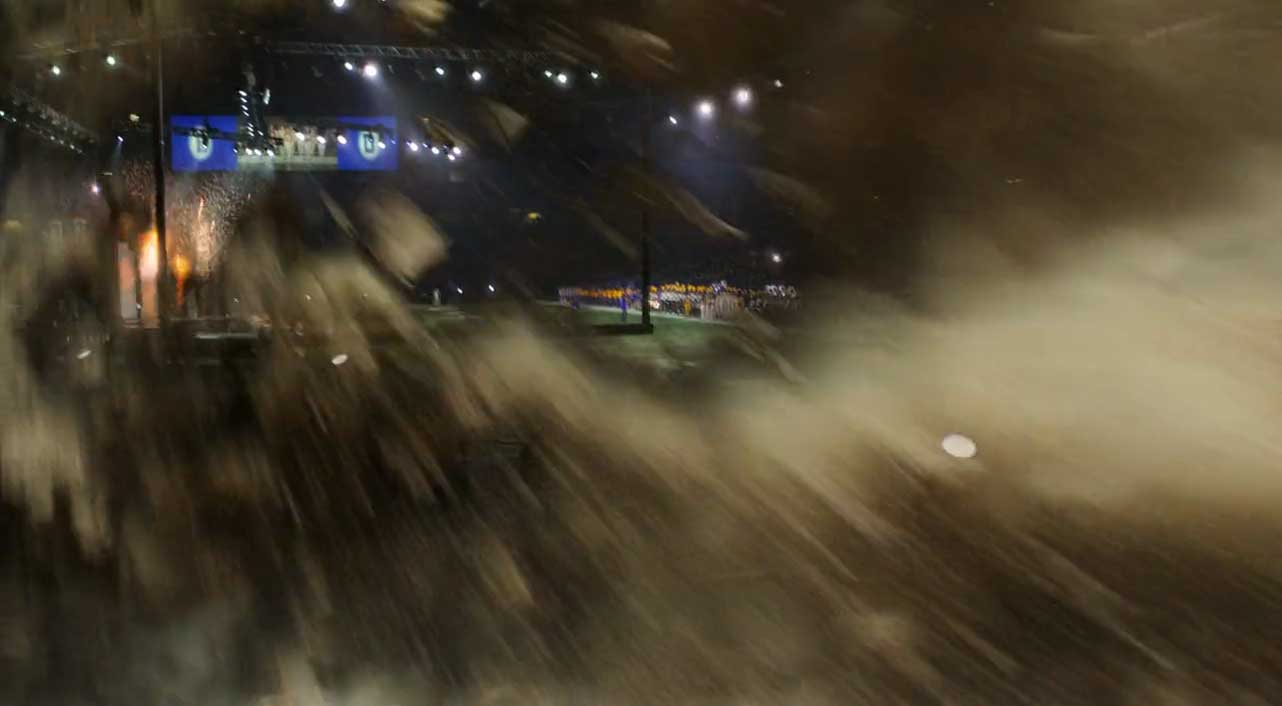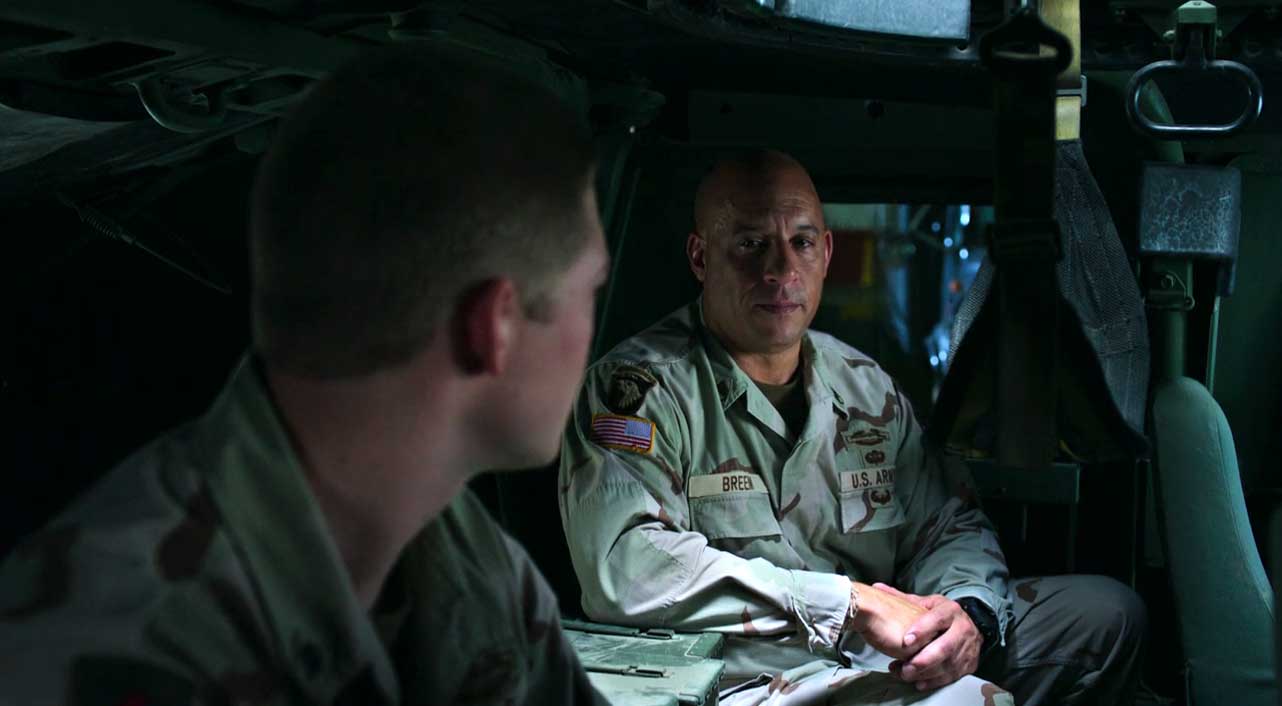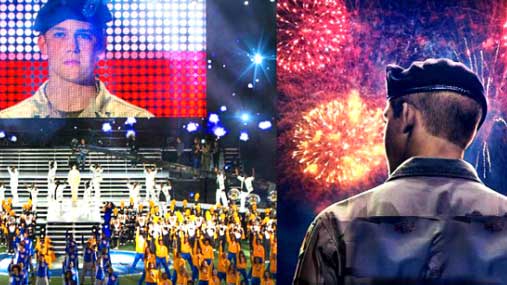Another moving film from master director Ang Lee that deals with the the moral ambiguity of participation in the American war machine and the role of the cinema and the cinematic in perpetuating it.xxxxxxxxxxxxxxxxxxxxxxxxxxxxxxxxxxxxxxxxxxxxxxxxxxxxxxxxxxxxxxxxxxxxxxxxxxxxxxxxxxxxxxxxxxxxxxxxxxxxxxxxxxxxxxxxxxxxxxxxxxxxxxxxxxxxxxxxxxxxxxxxxxxxxxxxxxxxxxxxxxxxxxxxxxxxxxxxxxxxxxxxxxxxxxxxxxxxxxxxxxxxxxxxxxxxxxxxxxxxxxxxxxxxxxxxxxxxxxxxxxxxxxxxxxxxxxxxxxxxxxxxxxxxxxxxxxxxxxxxxxxxxxxxxxxxxxxxxxxx
Ang Lee is a filmmaker capable of pushing the boundaries of what is broadly acceptable popular cinema. His films (for instance, Life of Pi and Crouching Tiger, Hidden Dragon) contain just enough unexpected, fantastical elements to unsettle the expectations of cinema goers accustomed to thoughtless superhero blockbusters, to create a lyrical, poetic, metaphorical experience. These elements only slightly perturb one's experience and provoke them to think that maybe there is something more going on in the film than might be obvious, but they also don't prevent one from brushing them off and focusing on the film as entertainment either. In this sense, Ang Lee's films never become inaccessible or Terrence Malick pretentious; rather they work, along with a slow, deliberate pace, to create the impression of an insistence that supernatural elements are only ordinary aspects of the reality of the story, which has the effect of evoking certain qualities of real life, which is never itself a clear, fixed thing; rather, it is always an ambiguous interweave of past, present and future, chance and what is preordained or the product of one's own efforts, and the truly ineffable. The subtle and understated role of mysticism in Ang Lee's films is an expression of a specific form of religiousness, of a worldview that retains a sense of wonder in the face of the immensity and unpredictability of life. And it is this that, in the end, supports a radically contingent form of truth—a cosmic form of self-reflective fairness that doesn't judge, but that looks at things as they are, for what they are1.
More concretely, his most recent film, Billy Lynn's Long Halftime Walk, is about the way in which American militarism is supported and perpetuated through the appropriation of its war heroes into a broader (cinematic) historical narrative of heroism that elevates the military to crusaders in the fight between good and evil based in notions of American Exceptionalism. Ang Lee manages to pack so many dimensions of America's pathology of war into this film that contribute to the overall expression of the complexity of its everyday realities2. More than that, he manages to weave them all into a singular, consistent whole that is poetic, lyrical in nature. Partially, this is obvious in the structure of the film: it is an interweave of past and present, of the present moment of their day at the football game and the halftime show and the past of a day in battle when they lose a fellow soldier. Fireworks explode into memories of an assault on the enemy; a push in the right direction results in an excessive use of force against a perceived enemy; driving through the crowds at the parking lot evokes the patrols towards a mosque through a crowded Iraqi market.

Ang Lee manages to weave together these two lines of past and present into an assemblage in which each becomes indistinguishable, so that a third present, in which the American consumerist, ignorant context represented by the halftime show becomes reflected in the war traumas of the soldiers in Iraq, and vice versa. We come to see the reality of post-traumatic stress disorder (PTSD), how traumatic moments from war arise in the context of everyday life—the sound of fireworks, the flash of cameras; and we come to see how ordinary American culture and everyday life becomes a kind of ignorant prison to these experiences, how oblivious it is to them and their suffering, so totally consumed with itself and its own mythologizing, consumption and consumption of its own mythologizing. Through Ang Lee's film, we come to see the reality of these troops and of the war not as simply a piece of information or an objective fact, but rather, as a specific way of experiencing life itself and the way in which (cinematic) images and narratives of war-heroism and honor are abused to support a story that has little to do with their truth (or, in Billy Lynn's encounter with the cheerleader, forms the basis for a superficial, masturbatory romance that, as in the image below, reveals itself for what it is when it balks at the first proposition that it become anything real).

Furthermore, the film itself becomes a denial of its own potential that, by expressing within itself the spectacle of the halftime that expresses cinema's capacity to elevate war narratives to national myth, one appreciates how a cinematic rendering can be a distasteful abuse of these soldiers' stories, as the glittering curtain of lights rises and they march down the bleacher steps like puppets caught in someone else's constructed fantasy. In this way, it is not only the fact that we see the soldiers exploited in the halftime show and the understanding that comes from that aspect of the narrative, but the fact that the film likewise evokes the full sense of that exploitation through its glossy, cinematic representation of it in the film that communicates the full sense of the way that that exploitation is so divorced from the soldiers actual story and reality and presents itself as an violent abuse of it. It is the film itself in these scenes that becomes repugnant and that contains within it a profound critique of an essential quality of the cinematic, which is that it reduces the depth of individual stories to generic surfaces3.
Finally, the film is doubled within itself by a narrative that describes the film's own making4, which is the Hollywood agent who wants to help these soldiers make a film from their story. As one watches the film, these moments act to reflect the film itself into yet another time and perspective in which we see the film not only as a fiction on the screen, but as a thing made in reality that has a specific history and context. When the agent says that he's going to 'think outside of the box, go to China if he needs to' to get the film made in a way that pays proper respect to the soldiers' story, one can understand from the producing credits of the film (and the Chinese produces credited there) that this reflects the conditions of production of the film itself and the political context of the contemporary moment and what is involved in challenging the hegemonic idea of the primacy of the military in American culture. It is in these exchanges with the agent that the authenticity and truth of the soldiers story vis a vi how Hollywood would distort and exploit it are made explicit. This doubling of the narrative works, much like the two times that combine within the film to evoke the soldiers' reality, to create uncertainty around the film itself that undermines the boundaries between the film and the reality of the viewer to create yet another perspective in which extra-cinematic reality becomes reflected, and articulated together with the film. The film reveals the ugly abuse of the cinematic to exploit the soldiers' story, we feel it as the film itself renders the spectacle of the halftime show cinematically; but this second narrative nuance establishes this fact as a broader political/economic issue around the actual conditions for the production of film generally today5. When the sister says that 'it's easy to go over to some other country and destroy it, the real hero is the one who can stand up to their own country and culture', we understand in the difficulties of the agent the actual difficulties surrounding the making of this film and the way in which the fiction of the film reflects the contemporary cultural, political, and economic context, which is that this on-screen struggle is likewise our obligation in the present.
In this way Billy Lynn's Long Halftime Walk is a profound cinematic intervention into the reality of the American war machine. On the one hand, it directly raises to the level of consciousness the role such images play in perpetuating American war culture and, on the other hand, the extra-cinematic reality of the socio-political culture that produces these images. We come to understand the film not only as metaphor, but as an actual part of a vast global technological network for the production of war. Like Banksy's film Exit Through the Gift Shop, Billy Lynn's Long Halftime Walk is essentially graffiti in the cinematic that seeks to undermine its total incorporation into the service of war according to naive or ignorant profit and myth-making motives. In this film Ang Lee was seeking at nothing more than the total mobilization of all the resources available in the modern technology of film to make his point6. That he does this at the same time that he makes a truly accessible film of broad appeal shows what a master he is, who, like his characters in the film, is able to accept his present reality for what it is rather than what he thinks it should be, and then work within it to achieve something truly great7.

Footnotes
Which seems like an expression of the Eastern culture from which Ang Lee comes, and its Tao and Buddhist religions/philosophies. ↩
There is the confrontation with the rowdy warlike football fans in the stadium who are at one and the same time wild about their game to the point of deliriousness, but who are also still able to impulsively react to the sight of military men and to salute and thank them for their service—it is the pathology of military support that mirrors the thoughtless passion of football fans, that is at one and the same time frightening in its fascism as it is a sign of respect; there is the anti-war sentiment in the form of the performers in Destiny's Child's performance who yell 'fuck you' in the face of the frozen soldier, a sign of their disrespect of what these soldiers stand for in the very moment that is meant to pay tribute to them; there are the homophobic fans at the game who can't but take the opportunity to express their political views on gays in the military, who are so certain in the propaganda they've been fed that they feel certain it will lead to a moment of solidarity; there is the expression of the absence of any hope or alternative in American life of the bartender as they sit around in some (literal and figurative) non-space and smoke a joint and talk about joining the military as a better option than working at Burger King or some other hopeless, dead-end job in middle America; there is the fight with the security guards who can't see beyond the limited context of the moment to see the broader context of their narrow focus on local tribalistic retaliation and personal hip-hop pride; there is struggle at the family dinner table to avoid all of the nuanced political and moral arguments surrounding their family-members involvement in the war for the sake of family integrity and peace; there is the sister who tries to get her brother to accept an honorable discharge from duty on account of the trauma he's endured so she can have him back and not have to worry any more and also feel she has done something in line with her anti-war political views; there is the solidarity and love between the soldiers, forged in war, in combat, and that demands to remain unbroken and to which the soldiers must remain faithful; there is the way in which the war provides the opportunity to these disaffected youth who have no hope in normal American life to find a place to come into their own, that they can actually become something there; then, finally, there is the shameless exploitation of their story of heroism to market an NFL team and a film: the way that the owner tries to 'face-fuck' them with a $5500 payment for the rights to their story, how this whole exalted perspective on their heroism comes down to dollars and cents and someone's 'bottom line' that, in the end, reveals itself to be more important than the pretense to care their story provided the opportunity for, to use it for selfish reasons to perpetuate an idealized, fictionalized story of American Exceptionalism. ↩
Which is also what Woody Allen accomplishes in his anatomy of the cinema and the superficiality of its dreams in The Purple Rose of Cairo. ↩
In much the same way as Asghar Farhadi's The Salesman. ↩
One that would require a film such as this, that is polemical only because it is fair and balanced, rather than frothing-at-the-mouth 'patriotic', to be made with Chinese funding rather than American. ↩
One can imagine that the high frame-rate of the intended theatrical release would have itself undermined the impression of the cinema as otherworldly, as something halfway between fact and fiction, dream and reality, and rendered these experiences in Iraq as truly real, made those memories our own, as if we had experienced them ourselves rather than as only fantastical story on the silver screen. ↩
There are only two moments in the film that seem out of character and unpolished, which are there two voice-over corrections. The first happens in the bathroom where the agent says he will try unconventional methods in this 'even go to China' comment. The second happens in Billy's conversation with his sister by her car at the end when he says he's a soldier and it isn't right, 'but it isn't wrong either'. These two post-production corrections draw a bit too much focus, particularly because they have to do with the central message of the film. One gets the impression, because of this, that the film is a bit over-worked and a bit overly explicit about its intentions that have been finessed so as to appear more uncontroversial than they should (i.e., if they were to have remained only implied). ↩
